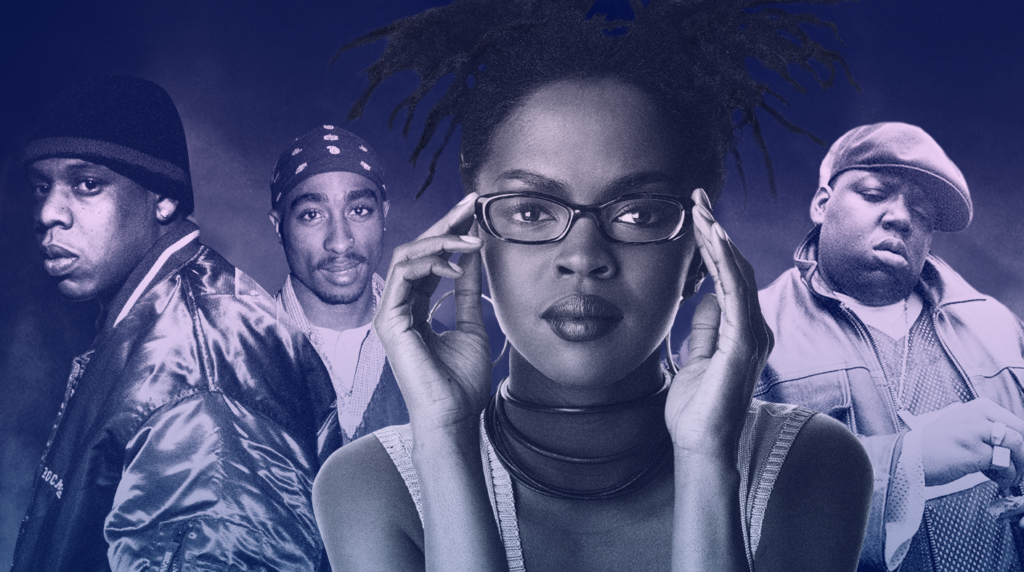The fatal shooting of rapper Half Ounce has ignited a familiar conversation about gun violence, rap culture and whether there’s a responsibility for record labels to protect their artists.

The 32-year-old rapper, whose real name was Latauriisha O’Brien, was killed in Los Angeles’ Koreatown neighborhood Monday, just weeks after rapper PnB Rock was fatally shot during a robbery in the same city. These rappers are part of a string of artists who have died by gun violence, with at least one rapper being fatally shot every year since 2018. With other high-profile rappers such as Drakeo the Ruler, who was fatally stabbed in 2021, and Grammy-nominated rapper Nipsey Hussle also fatally shot in 2019 in Los Angeles, there has been some conversation on whether cities with a prevalent gang presence have become a dangerous place for those directly involved in the hip-hop community.
Earlier this year, legendary emcee-turned-actor Ice-T issued a warning to “young rappers” who were coming to Los Angeles for Super Bowl-related festivities.
But experts say the problem is much more complex than that. Elaine Richardson, a professor at Ohio State University who specializes in African American cultures, literacy and hip-hop, said it’s important to prioritize systemic issues when we discuss the killings of rappers.
“It’s a reflection of the problem of gun violence in the larger society, and violence in general in America. You have to think critically about oppression and the larger context we live in,” she said.
Gun violence is “a part of the condition of Black people in society, everything that is dangerous and harmful to the larger society. There’s always going to be a disparity in our communities. It’s all systemic, it’s a part of the way society is structured,” Richardson added.
In the aftermath of such killings, questions often swirl about corporate culpability, particularly claims that record labels push artists to assume “tough guy” personas, while failing to protect them from the violence they promote. It’s a question that has consumed the hip-hop community since the fatal shooting of DJ Scott La Rock in 1987, considered to be the first high-profile shooting death of a major hip-hop artist. La Rock, who was part of the influential hip-hop group Boogie Down Productions, was fatally shot outside a Bronx apartment complex that summer.
In the case of PnB Rock, whose real name was Rakim Hasheem Allen, fans speculated whether his former record label, Empire, took out a life insurance policy on the rapper. This claim has not been substantiated by NBC News. Bobby Fisher, the vice president of artists and repertoire (A&R) for Empire, said the label only worked with the artist briefly on his hit single “Selfish” in 2016 and had no significant connection with him afterward. Rappers including King Von and Young Dolph, who Fisher said worked with or distributed their music through Empire, were fatally shot in recent years in Atlanta and Memphis, Tennessee, respectively. Fisher said neither fans nor label officials ever get used to such violence and called the deaths “traumatizing.”
“I think anyone who signs an artist, there’s a component of compassion to make sure your artist is safe. However, you can’t manage your artist 24/7,” Fisher said of claims that record labels should do more to protect rappers.
NBC News could not confirm the exact relationship the aforementioned artists had with the label.

